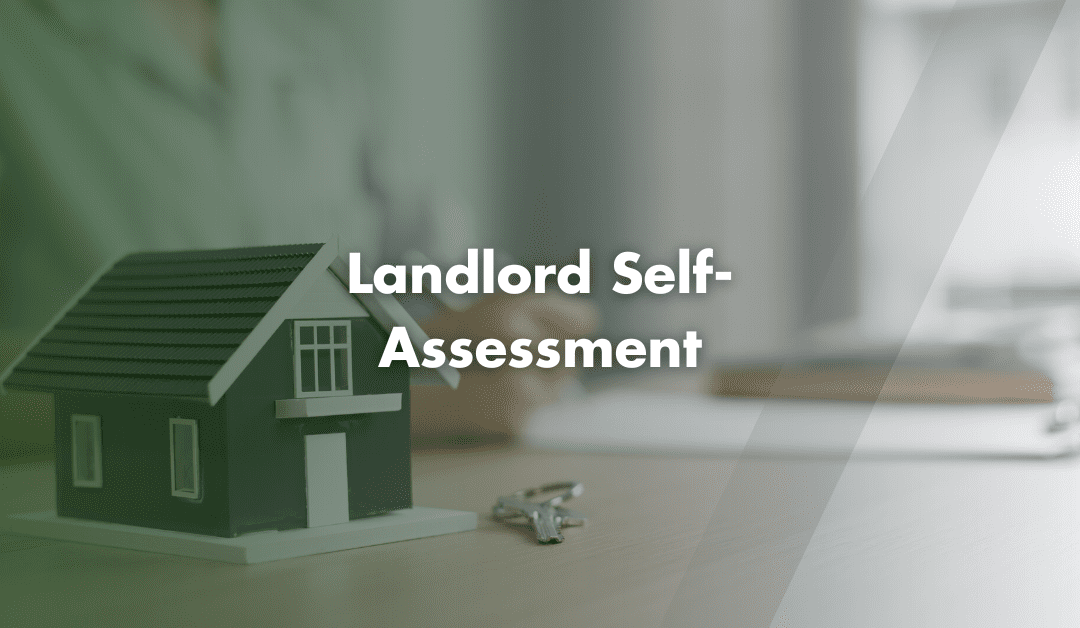
by Pi Accountancy | May 24, 2024 | Property Landlords, Self Assessment
Landlord Self-Assessment Landlord Self-Assessment is the process by which landlords report their rental income and deductible expenses to HMRC. This annual submission determines your tax liable and is essential for all landlords earning over £1,000 annually in rental...
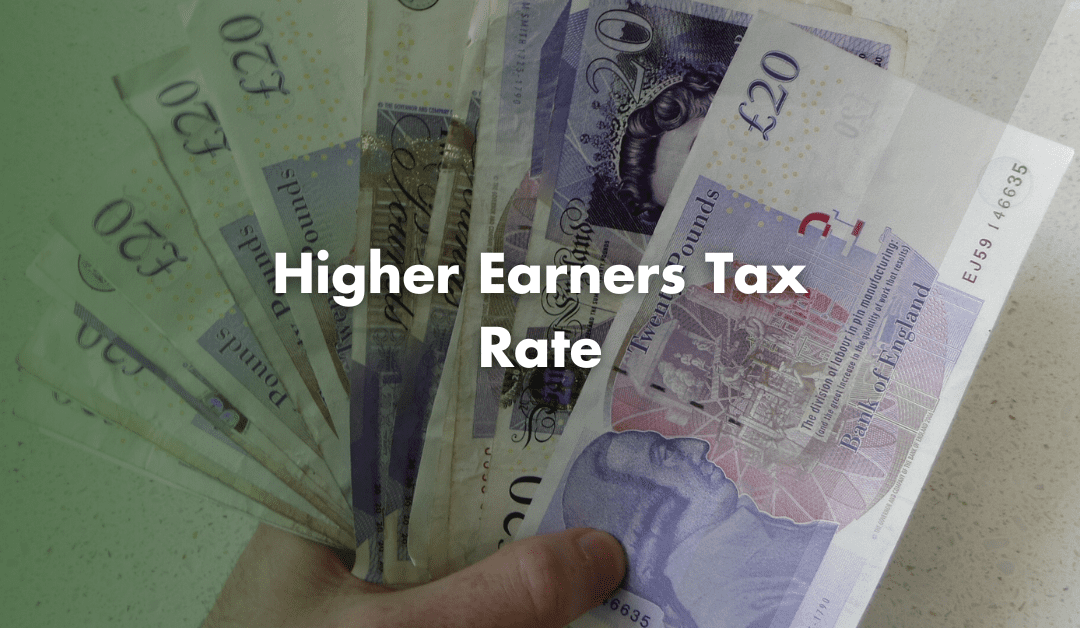
by Pi Accountancy | Apr 3, 2023 | Self Assessment, Taxes
Higher Earners Tax Rate The highest rate of tax will be paid by more people after the threshold is reduced, following the Chancellor’s Budget announcements. The Chancellor has changed the level at which the 45% additional rate of tax applies from, lowering it...

by Pi Accountancy | Apr 3, 2023 | Self Assessment, Taxes
Childcare Benefit Changes – The Good and the Bad Following the Chancellor’s Budget announcements, there will be some changes to childcare benefit and depending on your personal circumstance, this could be a blessing or a curse. Parents will get up to 30...
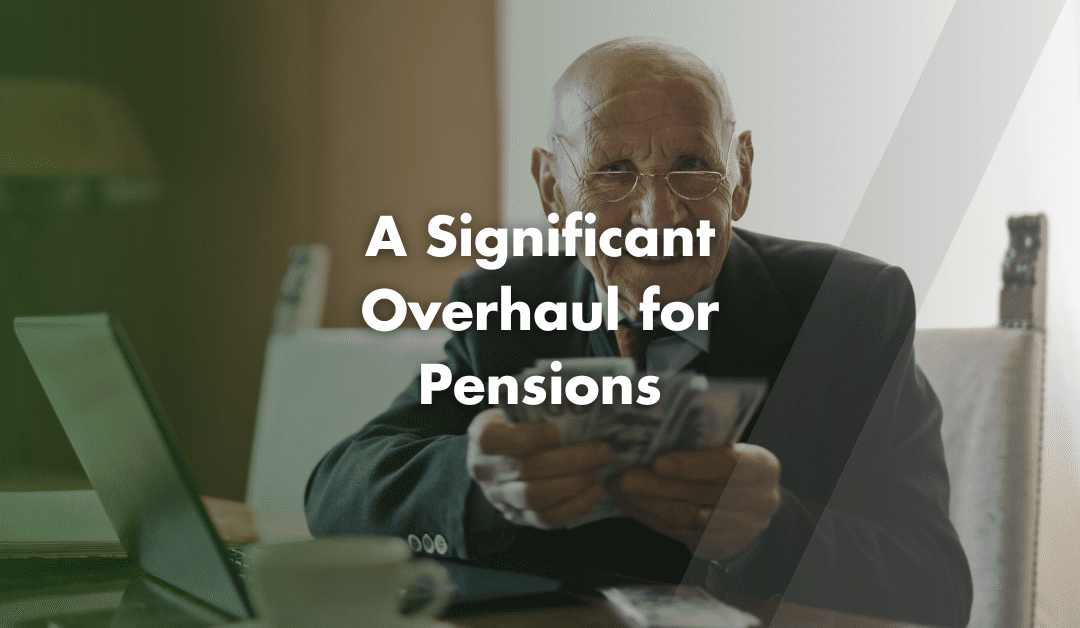
by Pi Accountancy | Apr 3, 2023 | Pension, Property Landlords, Self Assessment, Taxes
A Significant Overhaul for Pensions and Retirement Saving Following the Chancellor’s Budget announcements, pensions got a significant overhaul to make retirement saving more appealing. This comes with an increase in the amount you can put into your pension each...
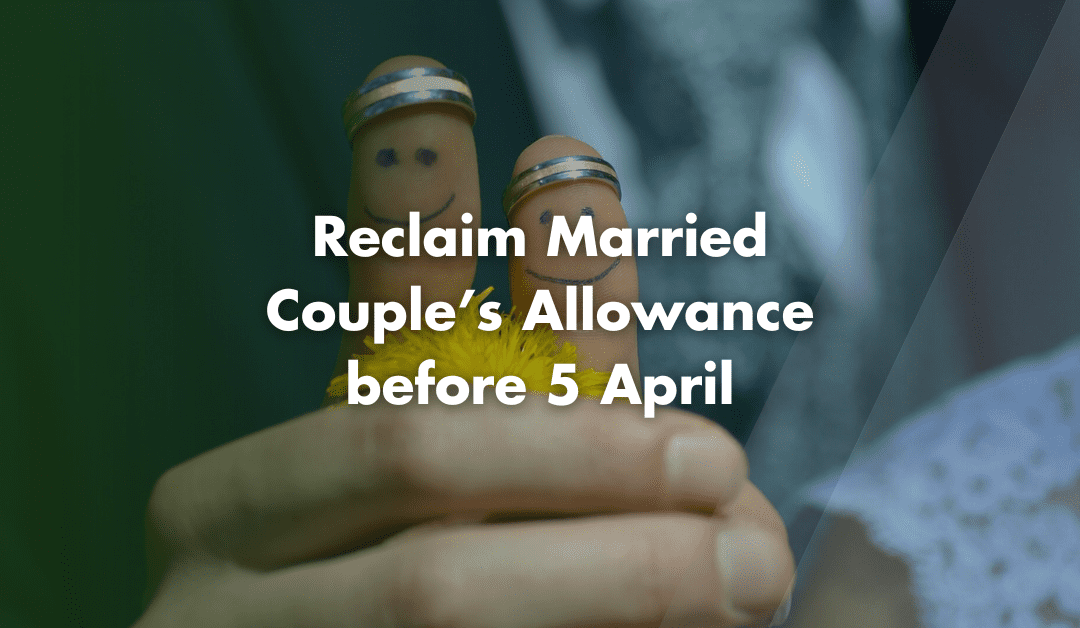
by Pi Accountancy | Apr 1, 2022 | Director, Self Assessment, Taxes
Married Couple’s Allowance can be transferred between spouses and civil partners, and while 2m couples have claimed this since it was introduced back in 2015, there are many more people who are entitled to claim it. Go back four years The allowance, which is worth up...

by Pi Accountancy | Mar 14, 2022 | HMRC, Self Assessment, Taxes
You can earn up to £7,500 per year tax-free from letting out furnished accommodation in your home, via the Rent a Room scheme Although the name suggests renting a single room, you can actually rent out as much of your home as you’d like. If you share the income with...
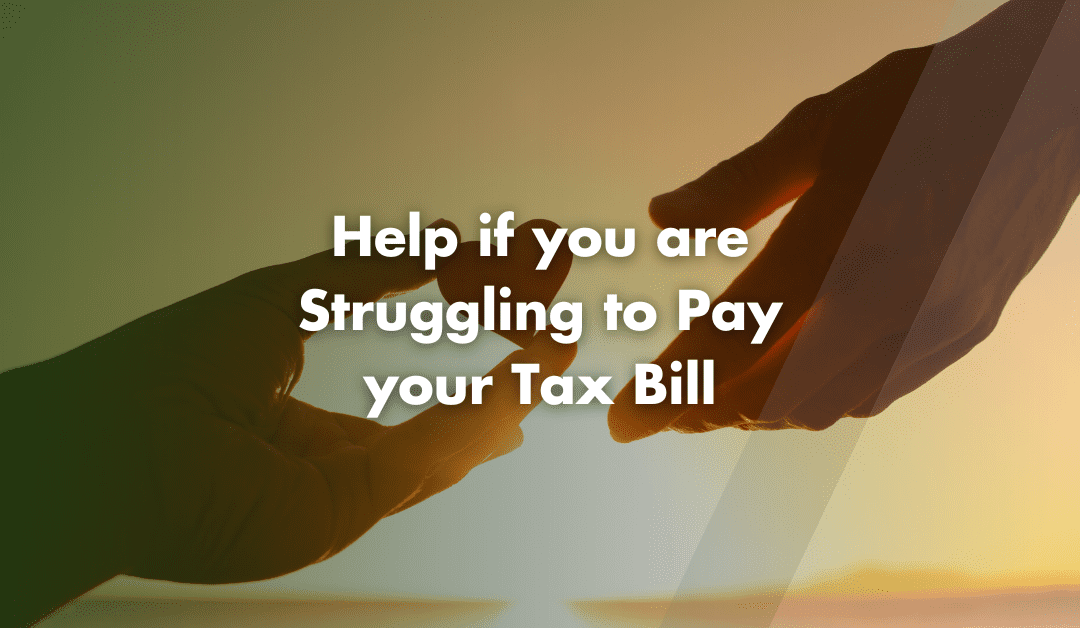
by Pi Accountancy | Jan 10, 2022 | HMRC, Self Assessment, Self-Employed, Taxes, VAT
Financially, 2021 has been a difficult year for many, and you may be struggling to pay your January tax bill in full. Any tax and National Insurance that remains unpaid for 2020/21 must be paid by 31 January 2022, along with the first payment on account for 2021/22....
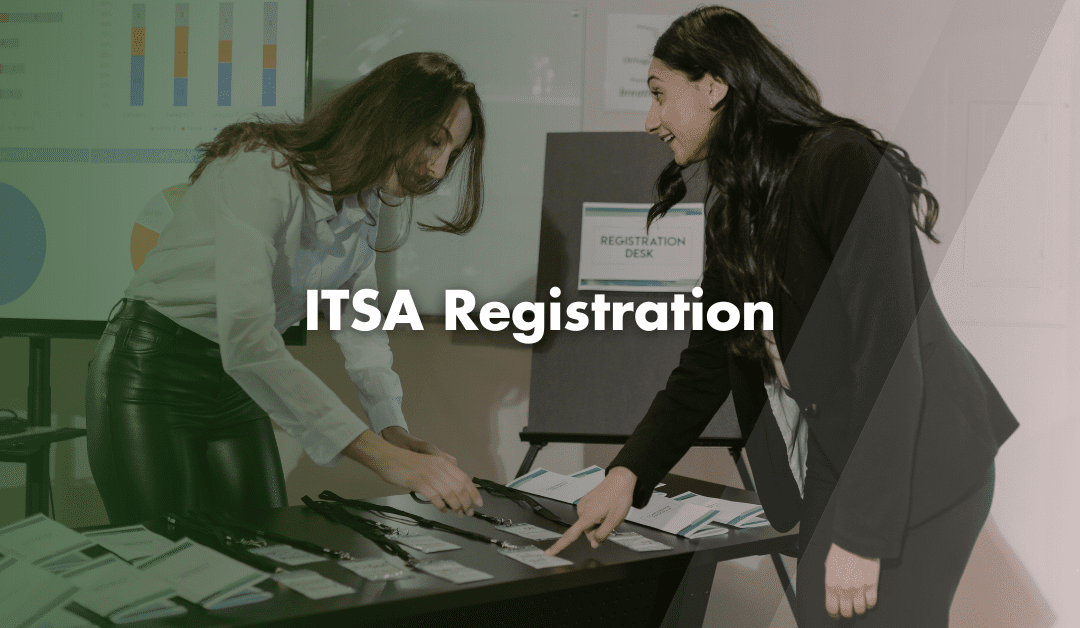
by Pi Accountancy | Jan 5, 2022 | HMRC, Self Assessment, Self-Employed
HMRC have published a call for evidence on the case for reforming the rules for registering for Income Tax Self Assessment (ITSA). The call for evidence is interested in hearing views on whether it would be beneficial to bring forward the deadline by which landlords...
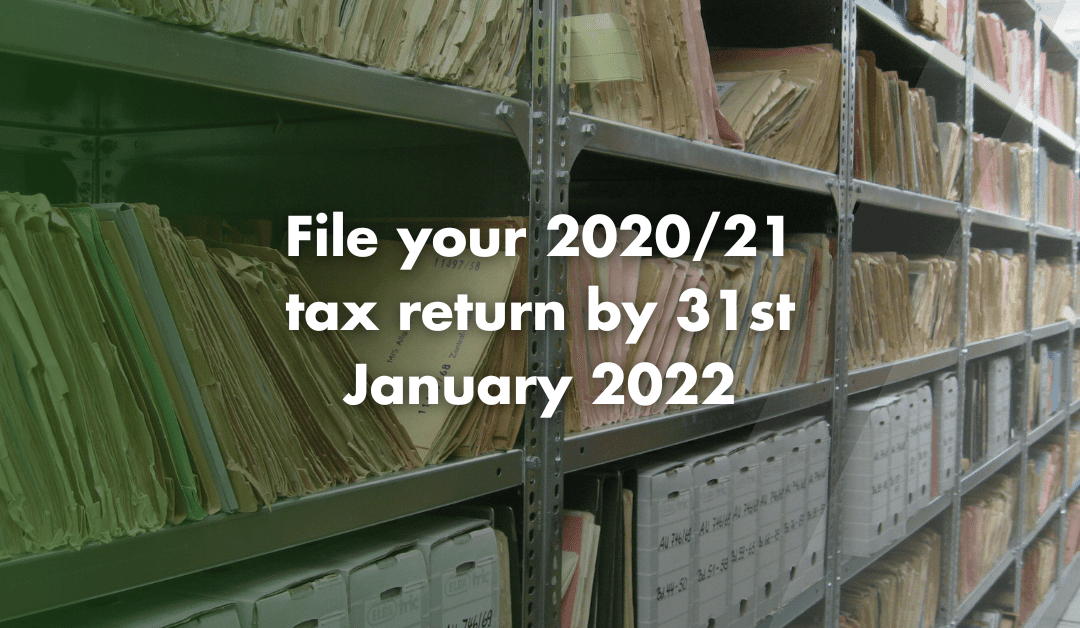
by Pi Accountancy | Dec 31, 2021 | COVID-19, HMRC, SEISS, Self Assessment, Self-Employed, Taxes
If you need to file a self-assessment tax return for the year to 5 April 2021, you have until midnight on 31 January 2022 to file your return if you have not already done so. You must also pay any tax that you owe for 2020/21 by the same date. Do I need to file a...
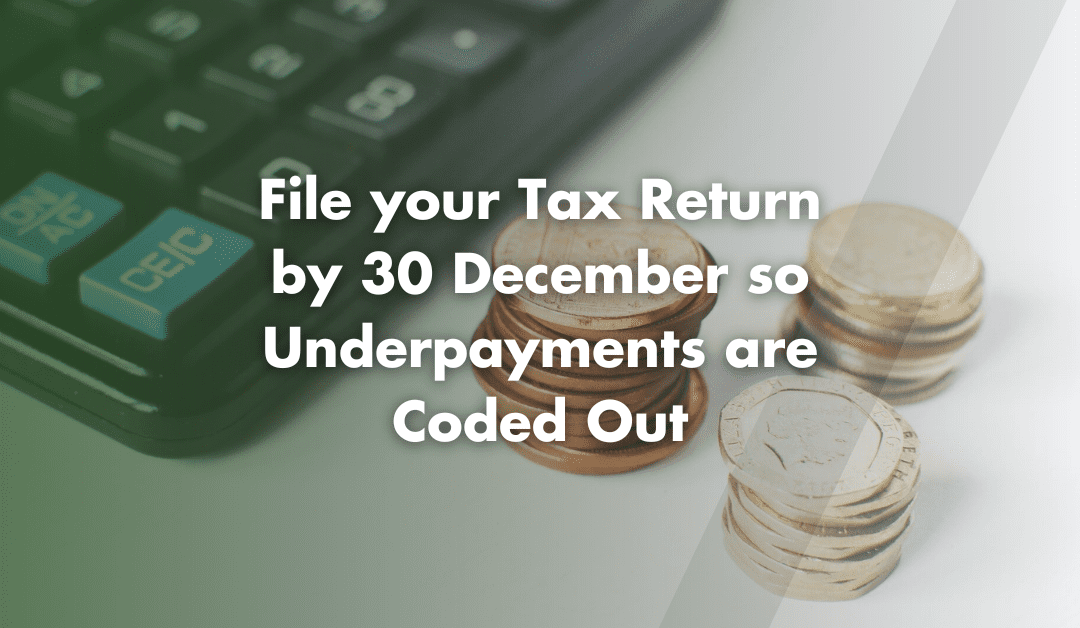
by Pi Accountancy | Nov 1, 2021 | Self Assessment
The deadline for filing your 2020/21 self-assessment tax return is midnight on 31 January 2022. However, if you have underpaid tax and you are employed and would prefer HMRC to collect that underpayment through your tax code, you will need to file your tax return...

by Pi Accountancy | Sep 30, 2021 | Director, HMRC, Self Assessment, Taxes
As part of the Government’s funding strategy for health and social care, the dividend tax rates are to be increased from April 2022, alongside the temporary increases in National Insurance, and, from April 2023, the introduction of the Health and Social Care Levy. The...

by Pi Accountancy | Jul 9, 2021 | HMRC, PAYE, Self Assessment, Taxes, VAT
From 15 June 2021, all businesses and organisations will need multi-factor authentication in order to sign into the Government Gateway. Multi-factor authentication Businesses and organisations that use HMRC’s online services and which do not currently receive an...
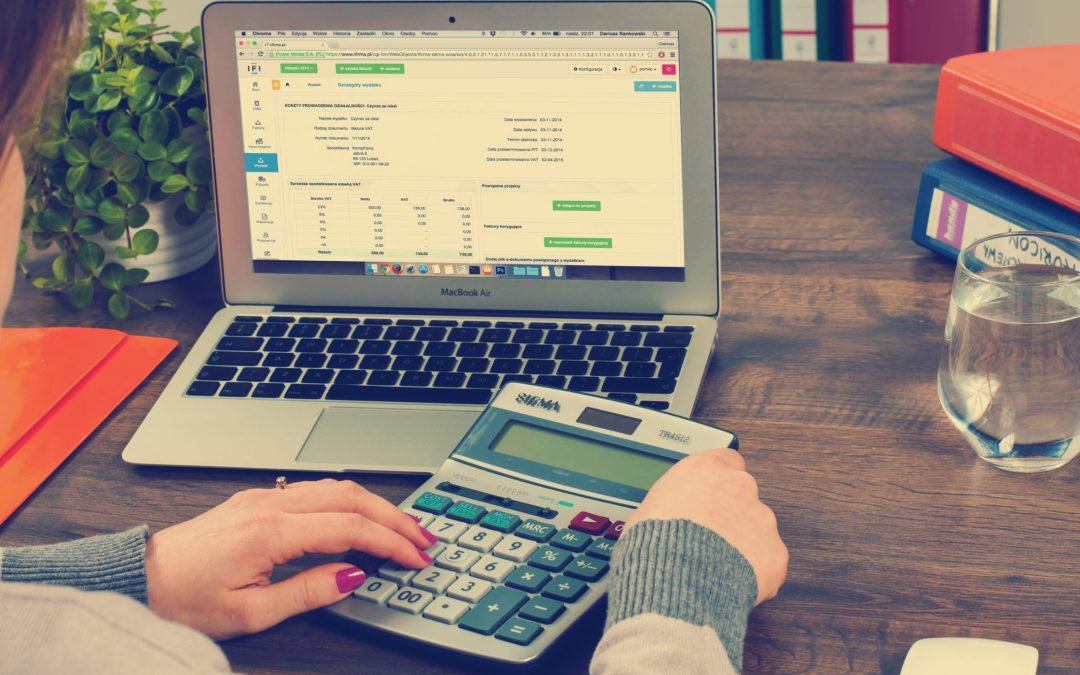
by Pi Accountancy | Jul 2, 2021 | HMRC, Self Assessment, Self-Employed, Taxes
If you are self-employed, you will pay Class 2 and Class 4 National Insurance contributions if your profits exceed the relevant thresholds. Class 2 National Insurance contributions are the mechanism by which you build up qualifying years to earn entitlement to the...

by Pi Accountancy | Jul 2, 2021 | COVID-19, HMRC, SEISS, Self Assessment, Self-Employed, Taxes
As the Coronavirus Job Retention Scheme (CJRS) enters its final months, now is the time to review grants that you have claimed under the scheme, and pay back any amounts claimed in error. You may also choose to repay voluntarily funding that you have received under...
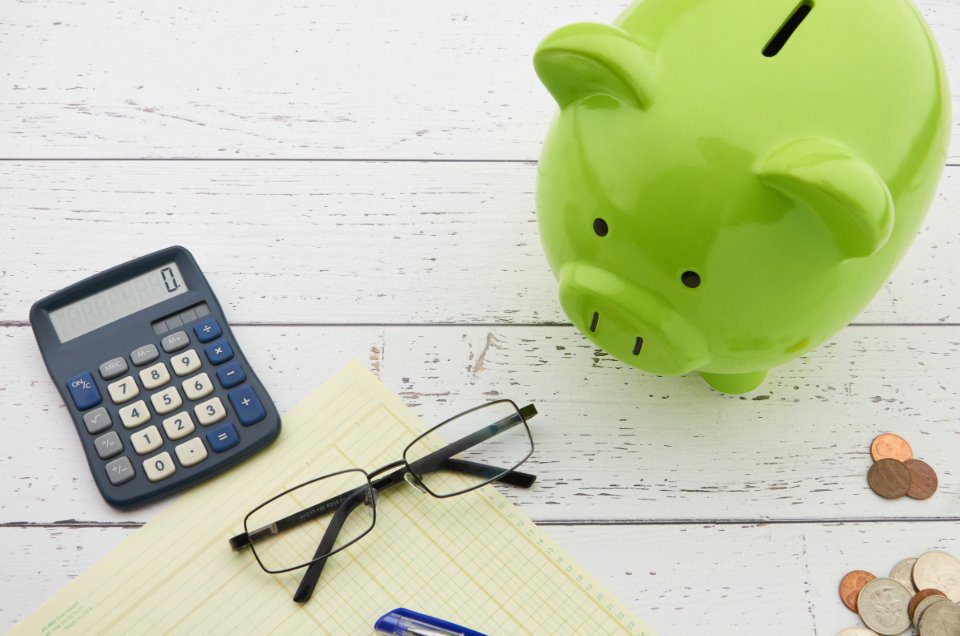
by Pi Accountancy | Jul 2, 2021 | COVID-19, HMRC, Job Support Scheme, SEISS, Self Assessment, Self-Employed
Claims for the fifth grant under the Self-Employment Income Support Scheme (SEISS) will open from late July. If, based on your tax returns, HMRC think that you are eligible for the grant, they will contact you in mid-July and give you a date from which you can submit...
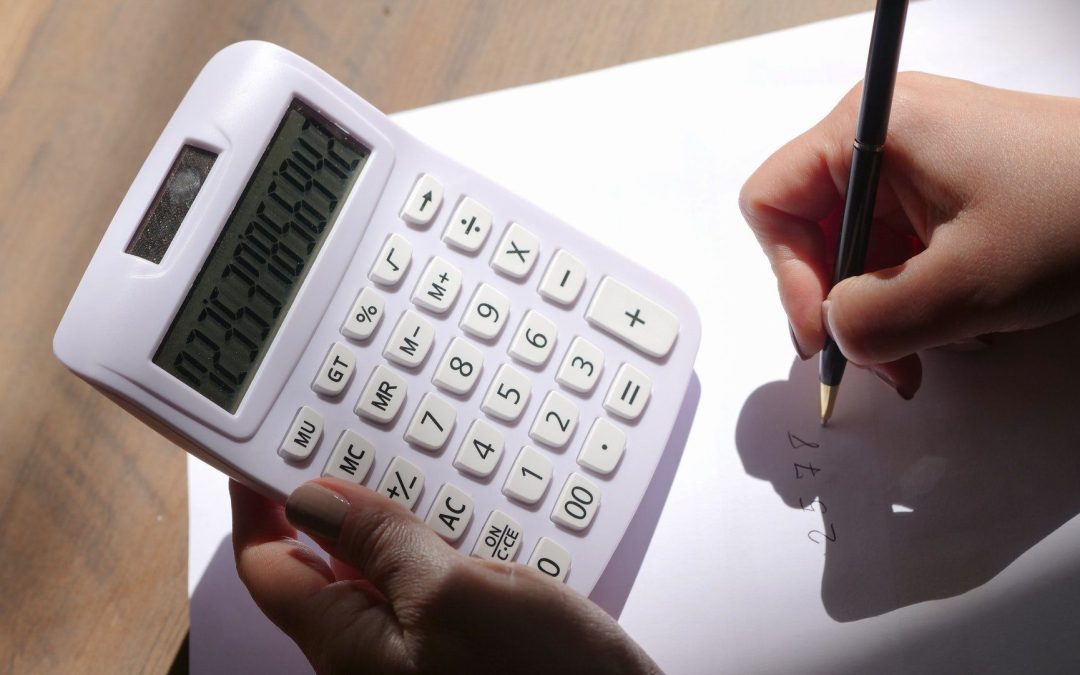
by Pi Accountancy | May 24, 2021 | Business, COVID-19, HMRC, Self Assessment, Taxes
To help businesses which have suffered losses as a result of the COVID-19 pandemic, the period for which certain trading losses can be carried back is extended from one year to three years. The extended carry-back period applies for both income tax and corporation tax...
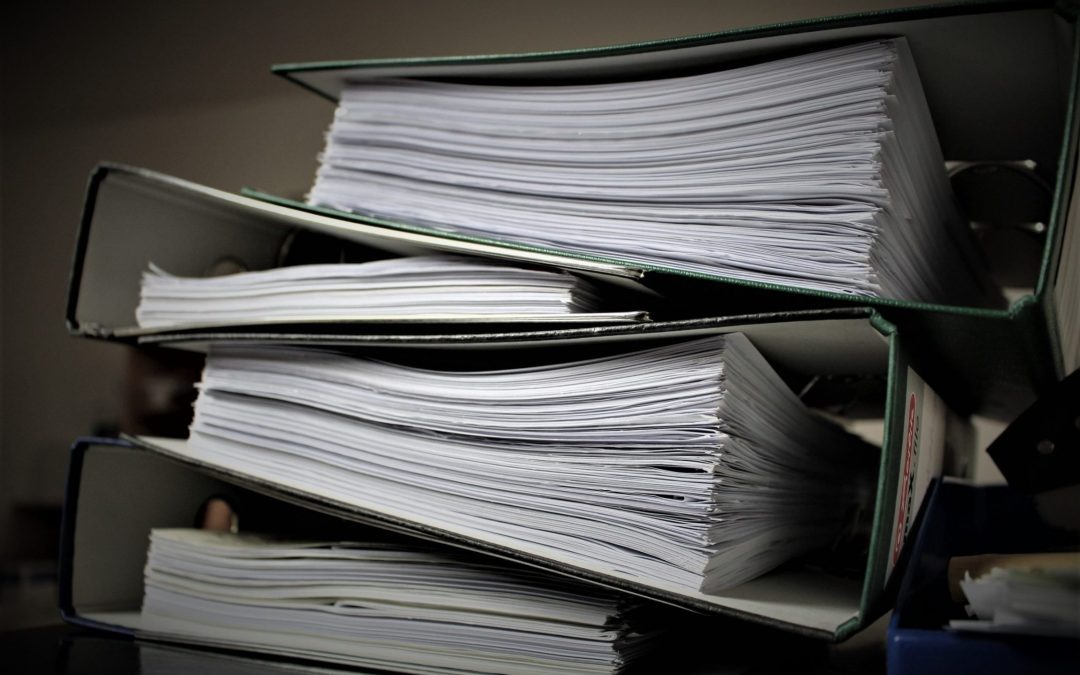
by Pi Accountancy | May 22, 2021 | Business, HMRC, PAYE, Self Assessment, Taxes, VAT
Business records if you’re self-employed You must keep your records for at least 5 years after the 31 January submission deadline of the relevant tax year. HM Revenue and Customs (HMRC) may check your records to make sure you’re paying the right amount of tax....
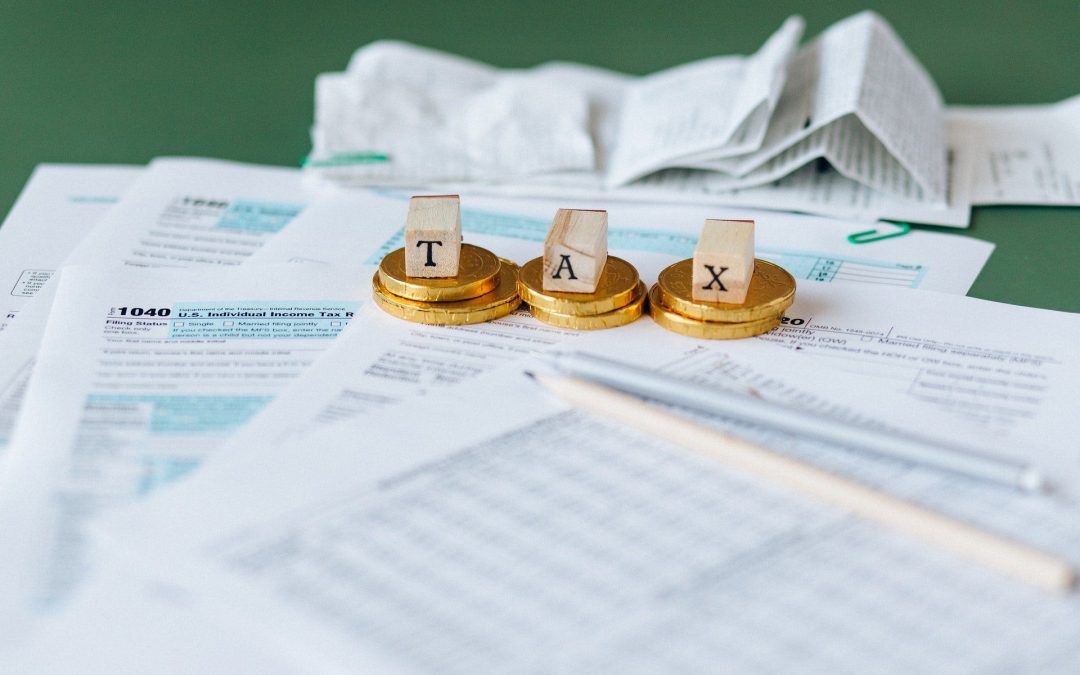
by Pi Accountancy | Apr 22, 2021 | HMRC, PAYE, Self Assessment, Self-Employed, Taxes
Thresholds and allowances frozen! To help meet some of the costs of the COVID-19 pandemic, the Chancellor has opted to freeze various allowances and thresholds until April 2026, rather than increase the rates of income tax and capital gains tax. As incomes rise over...

by Pi Accountancy | Apr 19, 2021 | HMRC, Self Assessment, Taxes
If you are a taxpayer and you make a Gift Aid declaration when making a donation to a charity, the charity can reclaim basic rate tax on your donation. Tax relief on the donation A donation made under Gift Aid is treated as being made net of the basic rate of tax,...
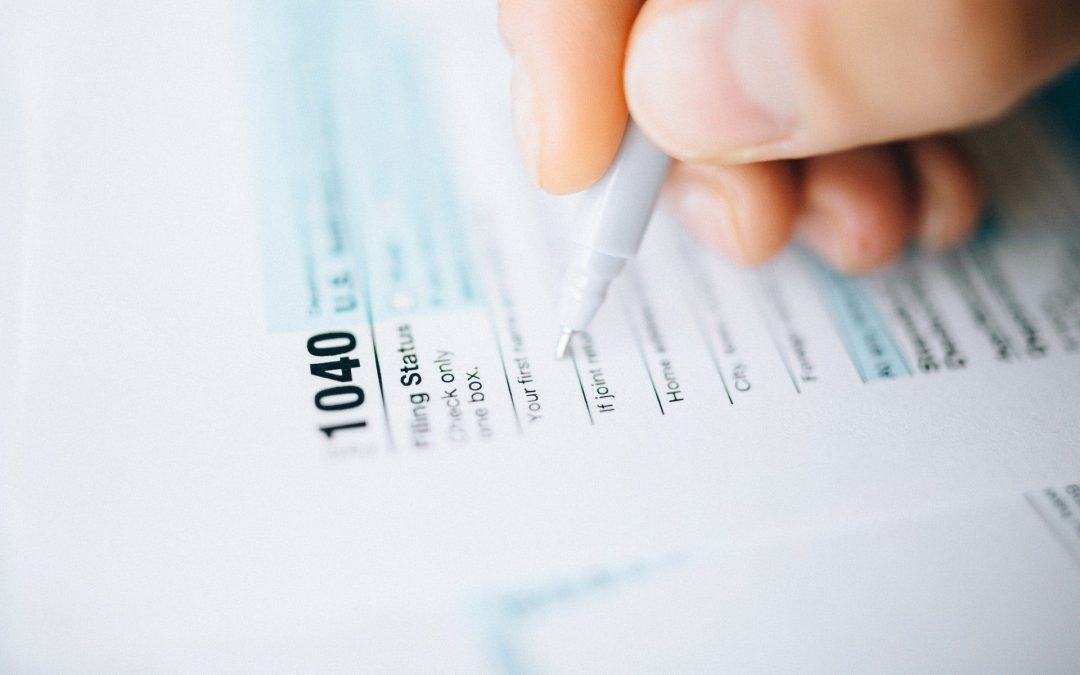
by Pi Accountancy | Apr 7, 2021 | Business, COVID-19, HMRC, PAYE, Self Assessment, Self-Employed, Taxes
Checking your tax code – 2021/2022 If you pay all or some of your income tax via PAYE, it’s important to check that you are on the correct Tax Code (CT). As we start the new 2021/2022 tax year, HMRC will be sending out your individual coding notices (usually via...

by Pi Accountancy | Nov 3, 2020 | HMRC, Self Assessment, Taxes, VAT
: :More time to pay your tax bills In his Winter Economy Plan, the Chancellor, Rishi Sunak, unveiled measures which will allow self-assessment taxpayers and VAT-registered businesses more time to pay back deferred tax. New Payment Plan for VAT At the start of the...






















